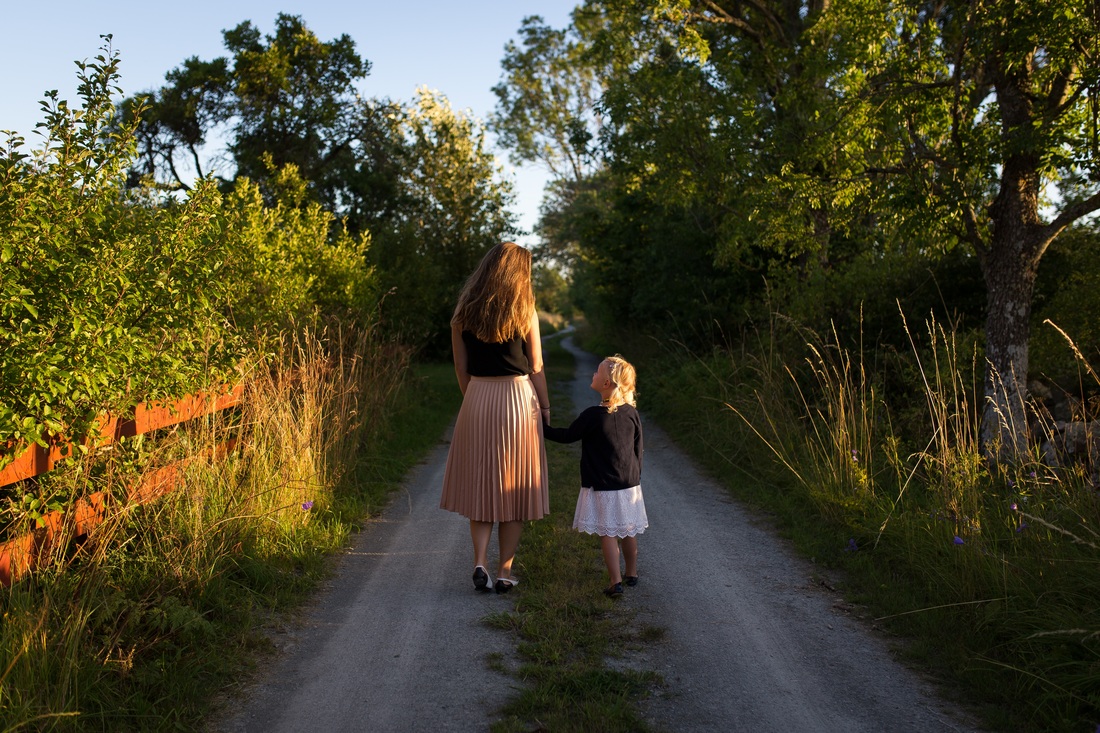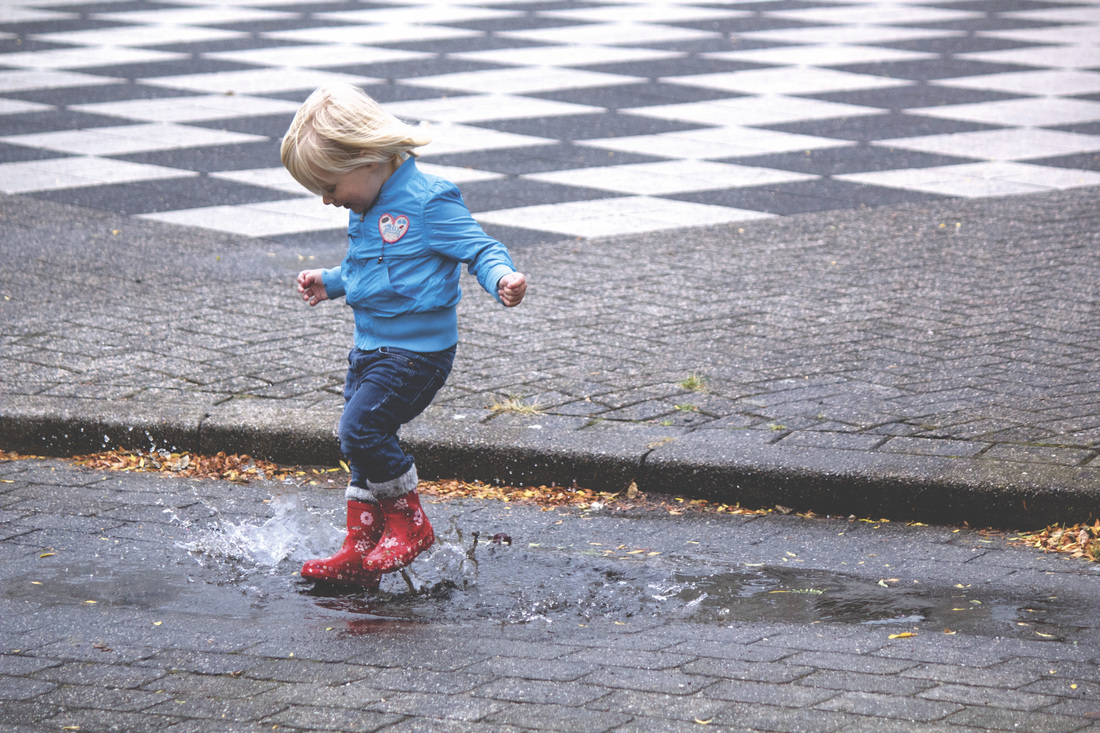|
Unlike common illnesses of childhood that come and go, Type 1 diabetes is permanent. When children realise this it is natural for them to feel scared and upset, longing for the past when all was normal. Everyone has different ways of coping with setbacks and children are more likely to mirror the way their parents cope. It is really important that parents are mindful of their own emotional response to the diagnosis. Mindfulness can be helpful to manage the shock of the way your life and your child’s life has changed by giving them space patiently to express their feelings whatever they are. Sometimes they may not be able to articulate how they feel so help them by encouraging much love and kindness without judging their experience. Human nature is such that we often blame ourselves, diabetes may be seen as a punishment for something and children will go through similar if not the same emotions. It is essentially a loss of an old way of living to adapting to a new way. A period of grief and mourning is natural. This process is absolutely necessary for a healthy transition to a new way of life so healing can take place from within. The healing period can vary from child to child and will depend on the level of support that is available. Bearing this in mind, patient parenting is needed. Some children with Type 1 diabetes may not be ready to accept their difficulties, obvious signs would be preferring not to talk about them or play them down. Everyone finds their coping mechanism but also be aware when a child seems to be coping very well as they could be harbouring their true feelings. Often children (especially older) may find it easier to talk to someone outside their immediate family perhaps an aunt or friend. Be mindful of this. A useful tool to help express difficult emotion is to ask your child to keep a daily journal specifically focussing what was particularly difficult about the day balanced with any positive aspects. This can help to identify patterns of negative emotions and get to the root so you can help them deal with them and it ensures an open dialogue even if it is not verbal Tips for older children with diabetes
0 Comments
Leave a Reply. |





 RSS Feed
RSS Feed
